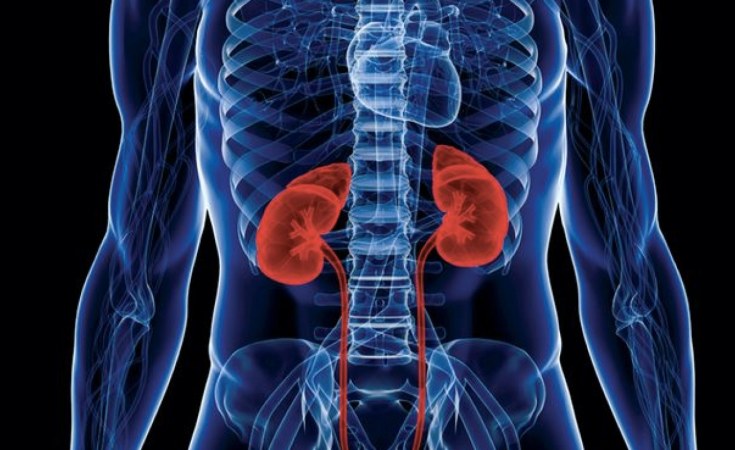IN SHORT: According to social media posts, a common type of grass can reverse kidney failure "within three months". But this is false and dangerous information. Kidney failure requires medically proven treatment to avoid death.
"One of the best plants that can reverse Kidney failure within three months," reads an X post with over 11 million views.
The post includes four photos of what appears to be ordinary grass growing from the ground. "Nature heals," it adds.
Similar claims have been doing the rounds on Facebook, showing at least one, if not all, of the same four photos of grass. (Note: See more instances listed at the end of this report.)
One of the posts instructs users to "cut, parboil, sieve and drink a tea cup 2x daily" in order to reverse kidney failure. Another advises chewing the plant.
A reverse image search of the photos led us to a few articles that identified the plant as Eleusine indica, more commonly known as crabgrass or goosegrass.
It is a tufted grass or weed often found on roadsides, disturbed areas and wasteland and is considered to be primarily native to Africa and tropical Asia.
But can this commonly found weed really reverse kidney failure in just three months, if at all? We checked.
Kidneys help you eliminate toxins, filter blood and remove waste from the body
Before delving into the claim, we first have to understand the functions of the kidneys.
The kidneys are two bean-shaped organs that help your body eliminate toxins, filter blood and remove waste through urine.
Most people have two kidneys. However, people can live a normal life with only one fully functional kidney.
When our kidneys are not working properly, waste products can build up in our bodies, causing illness and eventually, if untreated, death.
Acute kidney failure vs chronic kidney failure
Kidney failure occurs when the kidneys stop working and can't remove waste or keep the body's chemicals in balance.
There are two types of kidney failure: acute or severe, which happens suddenly (for example, after an injury), and chronic, which develops over many years due to conditions like high blood pressure or diabetes.
Acute kidney failure is potentially reversible, depending on what caused the sudden damage to the kidneys.
Causes include severe dehydration, a blockage in the urinary tract, or certain medications.
Chronic kidney failure cannot be cured or reversed and is fatal if left untreated. However, there are treatments available to improve the lives of people with kidney failure.
Treatment includes dialysis or transplant, not goosegrass
Acute kidney failure requires immediate medical attention and treatment of the underlying cause of the failure can take several weeks to months, according to the US non-profit health organisation the National Kidney Foundation.
The kidneys will need dialysis until treatment is complete, and if treatment does not work, long-term dialysis or a kidney transplant will be required, the foundation adds.
Treatment options for chronic kidney failure include only dialysis or transplant. According to the Yale University School of Medicine, there are two types of dialysis treatment:
- Peritoneal dialysis: where a plastic tube is placed in the patient's abdomen to carry a cleansing fluid to filter the blood, and then the solution and waste are drained into an empty bag. This can often be done at home.
- Hemodialysis: where blood is pumped through a tube out of the body and into an artificial kidney machine, which is designed to remove waste and extra fluid from the blood before it is returned to the body. This is often done in a healthcare facility, but can also be done at home.
Yale University advises that a kidney transplant is often the best solution for kidney failure:
That's because while dialysis can take over the function of cleaning waste and excess water from the body, treatments can be time-consuming and cause such side effects as skin infections, low blood pressure, muscle cramps, weakness, and fatigue. It can also have a major impact on a person's life, both emotionally and physically.
There's no evidence that consuming any kind of grass can help, let alone reverse, kidney failure.
Spreading false information and fake cures for potentially fatal conditions not only misinform the public, but it gives false hope to those who are suffering from kidney failure.
Once again, unless there is conclusive evidence that a medical cure is effective and safe for humans, it should always be treated for what it is: merely a claim.
For more tips on spotting and debunking health misinformation, read our handy guide to evaluating health claims, quacks and cures.
More instances of the claim have been published here, here, here, here, here, here, here, here, here, here, here, here, here and here.


